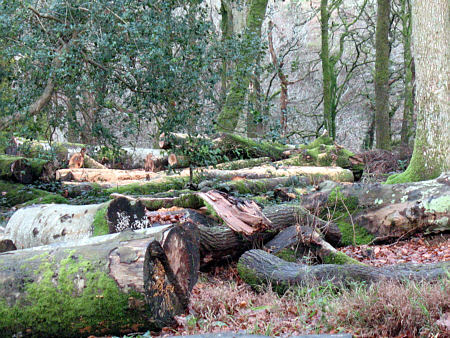Does anyone remember the unanimous statement on decisive action to combat the global economic crisis that the world leaders handed down from their meeting at L’Aquila this week? You don’t? Well nor do I, actually.
But global warming has its uses if you are a politician stuck for some good headlines, and as second item on the G8’s agenda it seems to have come in handy to save the leader’s blushes.
Apparently the climate is not to be allowed to change by more than 2 °C, and everyone agrees that carbon emissions should be reduced dramatically by 2050; about the time that most of those gathered at L’Aquila will be learning to play the harp. As to what will be done to achieve this, how it will be done, or when it will be done, they are silent.
But for politicians, with a mighty spin machine to back them up and a poorly informed public as an audience, climate change is so much easier to deal with than economic woes. Here is a selection of first reactions after the meeting that buck the trend:
World leaders, including the developing nations, committed themselves only to “substantially reducing global emissions by 2050”, but failed to agree a specific target. The lack of a substantive agreement, other than the desire to keep global temperatures down, leaves world leaders facing daunting negotiations to reach agreement at the Copenhagen conference in December, which is due to set the entire climate change framework covering the period from 2012 to 2050.
Patrick Wintour and Larry Elliott, The Guardian, 9 July 2009
So all the “Gs” gathered in Italy this week appear to be floundering in their efforts to craft some sort of meaningful deal on climate change. Rich countries agreed to far-off, ambitious targets on emissions reductions, but shuddered at any more immediate commitments. Developing countries basically punted altogether. None of that bodes well at all for the year-end climate confab in Denmark.
Keith Johnson, WSJ Environmental Capital, 9 July 2009
Brazil’s chief climate negotiator criticized the Group of Eight rich nations on Thursday for not taking more forceful steps to curb global warming, saying proposed long-term targets were meaningless.
Reuters, 9 July 2009
Does the 50% cut by 2050 sound familiar? The same countries agreed at the 2007 G8 summit to “seriously consider” such a target. By 2008, they had moved to “consider and adopt” it. Come 2009, well, we can consider it well and truly adopted.
David Adam, The Guardian, 9 July 2009
So the planet is saved after all. Before you crack open the low-carbonated champagne, consider the weasel wording of the Group of Eight summit communiqué. Are such carefully-hedged words worth the paper they are printed on? What are these politicians committing themselves to do during their own term of office? Most will be dead and buried by 2050.
Paul Taylor, Reuters, 9 July 2009
And of course the BBC, who must have been at a different meeting:
BBC environment analyst Roger Harrabin says the declaration is a significant step, with all big countries – rich and poor – agreeing there is a scientific limit on the amount we can warm the climate.
http://www.harmlesssky.org://news.bbc.co.uk/1/hi/world/europe/8143566.stm
(Hat tip to Benny Peiser of the incomparable CCNet)



Recent Comments